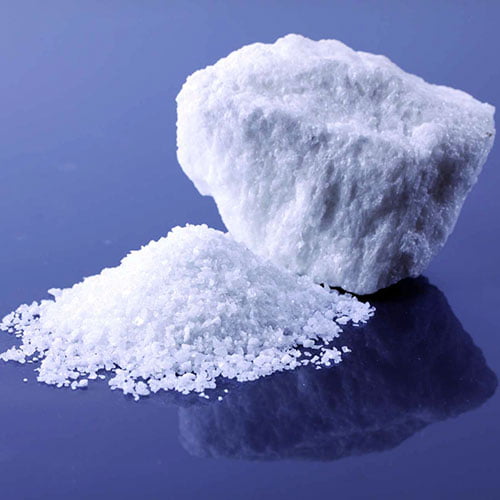Home » R&D Projects » Production of boehmite for catalyst industries
Production of boehmite for catalyst industries
Boehmite, a specific form of aluminum oxyhydroxide, is a critical raw material used in the production of various catalysts, particularly those employed in the petrochemical, automotive, and energy industries. The manufacturing process for boehmite involves a series of steps that leverage its unique structural and chemical properties to meet the stringent requirements of catalyst applications. The production of boehmite typically begins with the extraction and refining of bauxite, the primary aluminum-bearing ore. The bauxite is then processed through the Bayer process, which involves dissolving the aluminum-containing minerals in a hot, concentrated sodium hydroxide solution, followed by the precipitation of aluminum hydroxide. This aluminum hydroxide is then calcined, or heat-treated, to dehydrate the material and produce a transitional form of aluminum oxide known as boehmite. The boehmite material is then subjected to further processing, which may include grinding, sieving, and chemical treatments, to tailor its physical and chemical characteristics, such as specific surface area, pore structure, and catalytic activity. These properties are crucial for the boehmite’s performance as a catalyst support, promoter, or active ingredient in a wide range of industrial processes, including petroleum refining, emissions control, and chemical synthesis. The production of high-quality boehmite for catalyst applications requires strict process control, advanced analytical techniques, and a deep understanding of the material’s behavior under various conditions. Manufacturers must ensure the consistent production of boehmite with the desired specifications to meet the evolving demands of the catalyst industry and support the development of innovative, high-performance catalytic systems.
